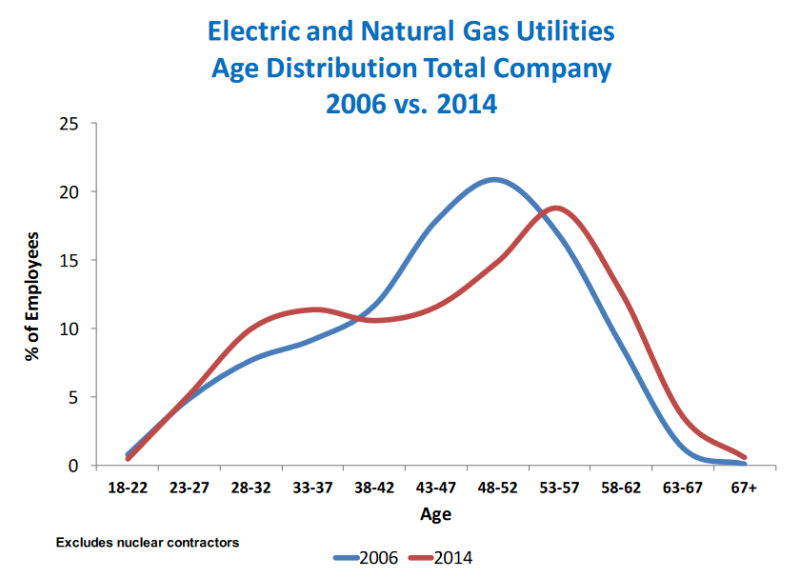Universities here are going off the deep end with bizarre "specialist" undergrad degrees in order to re-package engineering for an even broader audience (30% of engineering grads working as engineers is clearly too high for them- they're no doubt targeting 15%!)
My alma mater now offers environmental (civil stream- they fortunately canned the chemical stream), mechatronics, nanotechnology engineering, management engineering (barf!) and biomedical engineering in addition to the usual civil, chemical, mechanical, electrical, computer, systems design (i.e. industrial) and geological. The previous nuclear specialization died in the '80s.
Industry by and large doesn't know what the hell to do with these people. What the unis are doing is hiving off core courses from the underlying discipline and replacing them with courses related to the specialist subject matter. It's not just a matter of taking credit for a few technical electives in 4th year- a chemical stream environmental sacrificed heat transfer as one example. That's a core chem eng course. If they hacked away a couple of the useless higher math courses, pointlessly teaching analytical integration, that would be a different matter!
Nobody is getting a nanotechnology specialist job with a B.A.Sc. in nanotechnology. No, you're going to need post-grad to do that- so why RUIN the undergrad degree by chopping core courses?
I suppose management engineering (barfs again) seals the transition of engineering from basic training for a profession to "the new liberal arts education", or a sexier business degree.
I agree that engineering employers have to produce their own professionals from good raw materials. The university's job is education, not job training per se. And when they try too hard at the job training bit, they fail, badly. What works better? CO-OP work as a mandatory part of the educational process. That actually generates engineering grads who really are able to hit the ground running.

